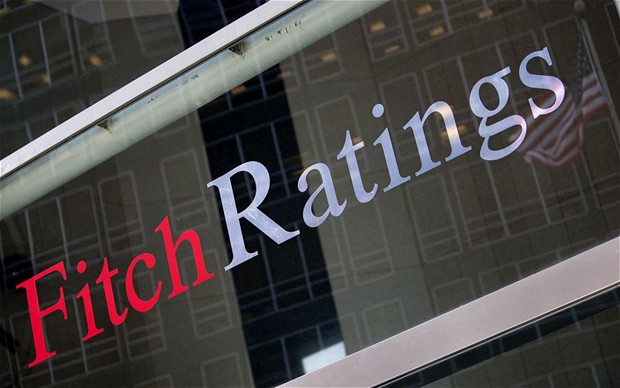By ODUNEWU SEGUN
JUST as Nigeria prepares to issue its first Eurobond since 2013, there are indications that its foreign and domestic bonds may become less attractive following the downgrade of the country’s rating to one level to B, five levels below investment grade by global rating agency, S&P Global Ratings.
Recall that both Moody’s investors Service and Fitch Ratings Ltd had downgraded Nigeria to four levels below investment grade in the first half of the year.
According to S&P, Nigeria’s economy has weakened more than expected due to a marked contraction in oil, a restrictive foreign exchange policy and delayed fiscal stimulus. “While government debt remains low, servicing costs as a percentage of government revenues are high and rising.”
ALSO SEE: Increase in interest rates may compound Nigerian banks woes – Fitch
As part of the remedy, Jan Dehn, Head of research Ashmore Group Plc, advised the government to open Nigeria’s market and let the naira trade freely. “The deterioration of the Nigerian credit has been going on for years. The country needs to show progress opening its markets and letting the naira trade freely,” he said.
Babajide Solanke, an analyst at FSDH Merchant Bank said the downgrade would make Nigeria’s foreign and domestic bonds less attractive.
This latest downgrade by S&P is the latest blow to the already battered economy. As the economy continues to nosedive, Nestle Nigeria Plc, Nigerian Breweries Plc, Dangote Cement Plc and Lafarge Africa all suffered combined profit losses to the tune of N51.86 billion in the first half of the year, while most banks and Insurance firms have slashed their workers’ salaries in other to cut cost and stay afloat.
Nigerian economy which shrank in the last quarters and is already in recession. Figures released by the National Bureau of Statistics (NBS) recently showed that Nigeria had officially gone into recession. The figures showed that Nigeria’s economy contracted by 2.06 per cent in the second quarter of 2016, the economy also hit its lowest point in 25 years, contracting by 0.36 per cent in the same period.
S&P said it expects Nigeria’s economy to contract by 1 per cent before the end of the year before returning to growth, and real gross domestic product to likely expand 2 per cent in 2017 and 4 per cent in 2018.

 Entertainment6 days ago
Entertainment6 days ago
 Health1 week ago
Health1 week ago
 Health4 days ago
Health4 days ago
 Football1 week ago
Football1 week ago
 Crime5 days ago
Crime5 days ago
 Football1 week ago
Football1 week ago
 Education6 days ago
Education6 days ago
 Crime1 week ago
Crime1 week ago


